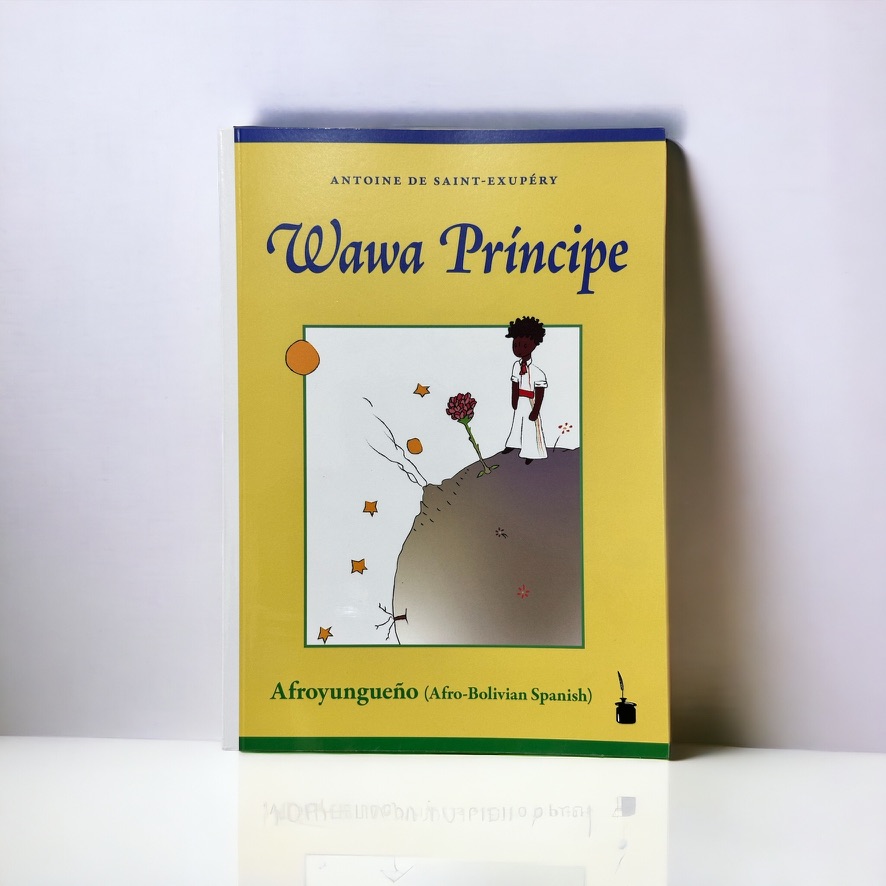
Wawa Principe — in Afro-Bolivian Spanish
Afro-Bolivian Spanish a.k.a. Afroyungueño refers to a unique variety of Spanish spoken by Afro-Bolivian communities in Bolivia. It is a testament to the cultural and linguistic diversity found within the country.
Afro-Bolivians are descendants of African who were brought to Bolivia during the colonial period, primarily to work in mines and on plantations. Their ancestors came from various African regions, including present-day Nigeria, Ghana, and Angola. The Bolivian Yungas is the centre of this Afro-Bolivian community. It is a region known for its lush and tropical mountain landscapes, located on the eastern slopes of the Andes Mountains. This place is characterised by its high levels of biodiversity, beautiful scenery, and a mild, humid climate, making it a popular destination for nature enthusiasts and tourists.
Afro-Bolivian Spanish language has its roots in Spanish but has been influenced by African languages, as well as indigenous languages and the Spanish spoken by the colonial rulers. It also incorporates elements from Aymara, an indigenous language of the Andes region. This variety of Spanish is characterised by distinctive vocabulary, pronunciation, and grammatical features that set it apart from standard Spanish. Some words and expressions in Afro-Bolivian Spanish may have African or indigenous origins.
The language is an important aspect of Afro-Bolivian culture, reflecting the history, identity, and resilience of the Afro-Bolivian community. It is spoken in everyday life, especially within Afro-Bolivian communities. But this language is considered endangered, as it faces pressure from the dominant Spanish spoken in Bolivia. Many Afro-Bolivian communities are geographically isolated and have limited access to formal education, which can lead to language shift towards standard Spanish.


